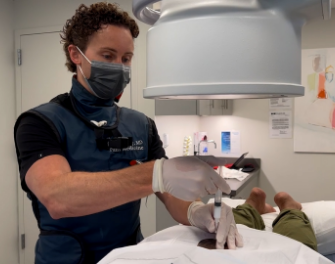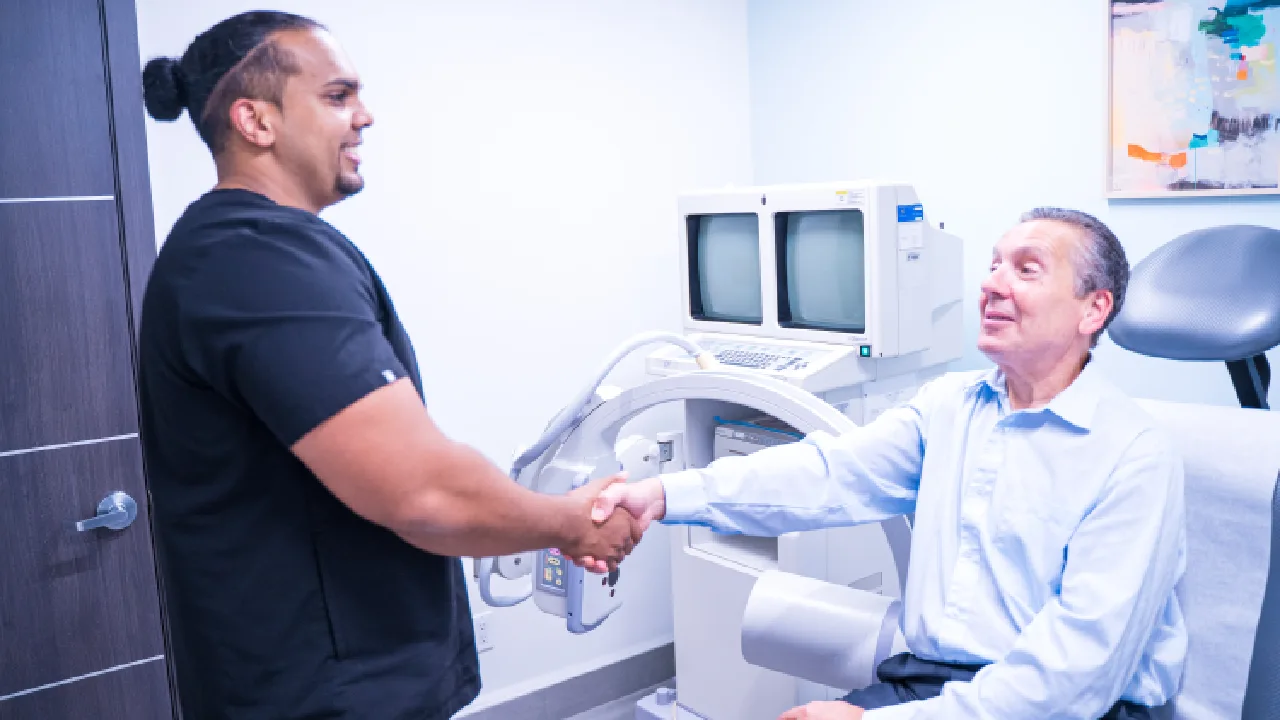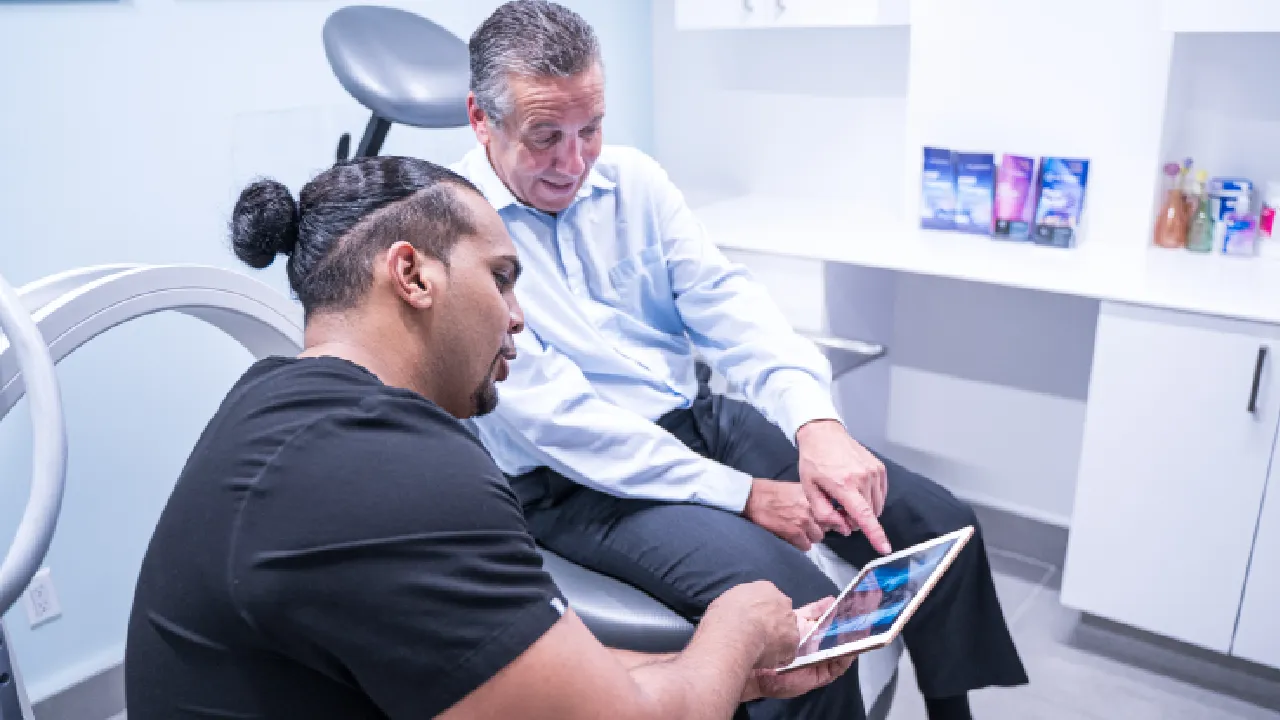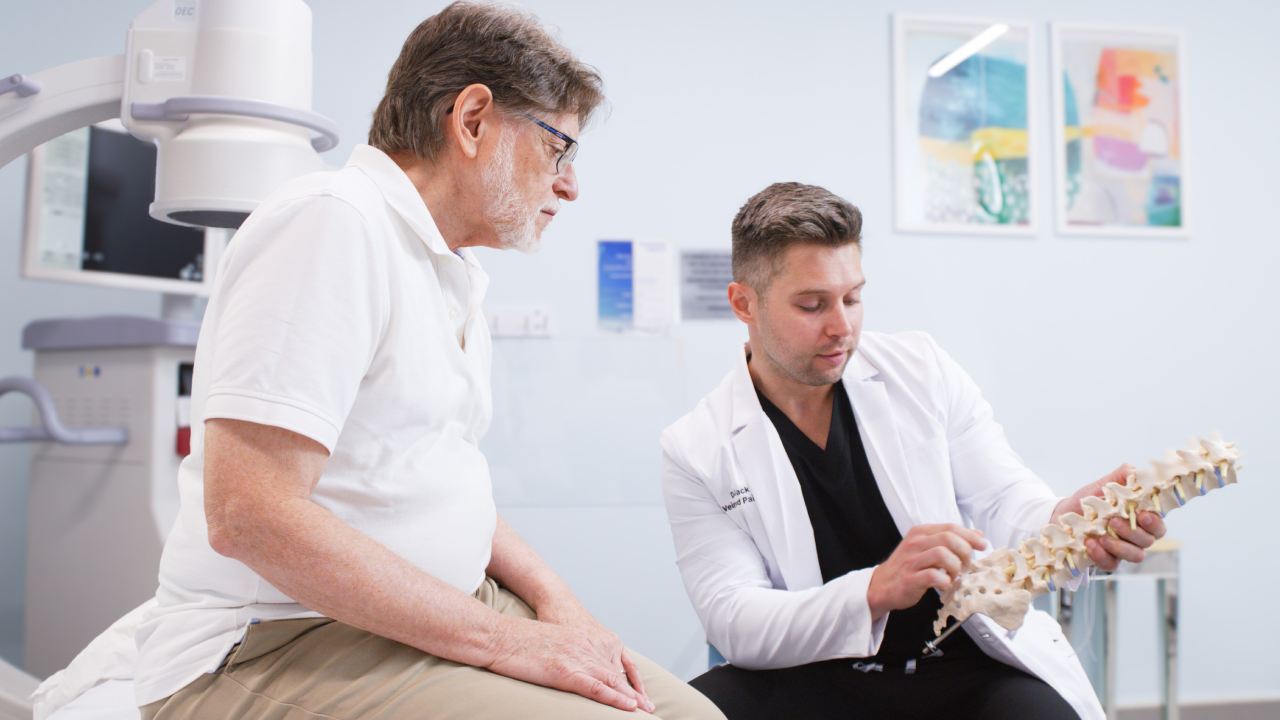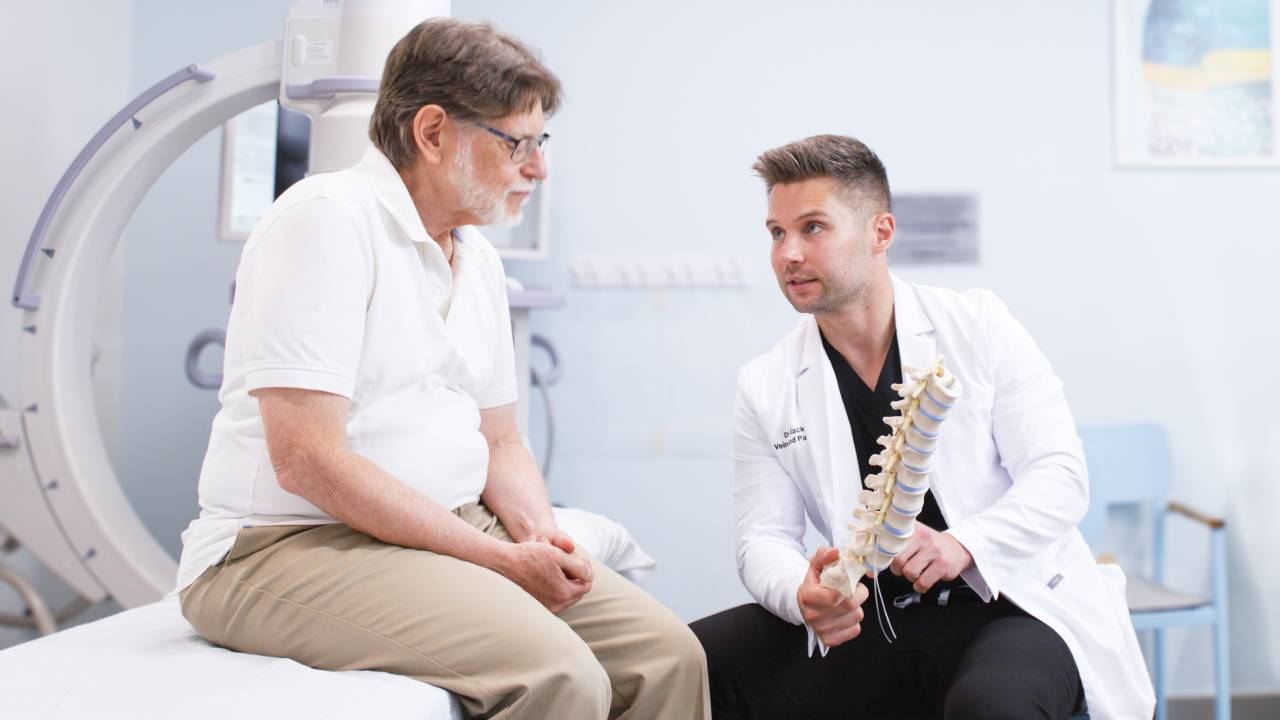
Staying Informed about New Pain Treatment Research
Pain is an intricate experience that affects millions worldwide. At Pain Treatment Specialists, our mission is to alleviate suffering and enhance well-being through cutting-edge interventions and compassionate care. In our pursuit of excellence, we are committed to staying abreast of the latest developments in pain research. In this article, we explore the importance of staying informed about new pain treatment research and provide strategies for doing so effectively.
Are you interested in get more information about your condition or get a treatment?
Fill the form below to start!
Why Staying Informed Matters
Keeping up with the latest advancements in pain research is crucial for several reasons:
- It empowers you with knowledge about potential treatment options and alternatives. By being informed, you can engage in meaningful discussions with your healthcare provider, actively participate in treatment decisions, and advocate for your well-being.
- Staying abreast of new research ensures that we deliver the most effective and evidence-based treatments. As board-certified interventional pain specialists, our commitment to excellence drives us to integrate the latest findings into our practice, continually refining our approach to pain management.
- New research often reveals innovative therapies and technologies that may offer hope to those struggling with chronic pain. By staying informed, you can potentially access groundbreaking treatments that could significantly improve your quality of life.
Strategies for Staying Informed:
- Subscribe to Reliable News Sources: Follow reputable medical news outlets such as Medscape, WebMD, and Mayo Clinic. These sources frequently cover developments in pain treatment, providing insightful summaries and analyses of recent studies and clinical trials.
- Follow Academic Journals: Academic journals like Pain, The Journal of Pain, and Pain Medicine serve as invaluable sources of scholarly research in pain management. Many of these journals offer email alerts or RSS feeds to notify subscribers about new publications.
- Attend Conferences and Workshops: Professional conferences and workshops offer unparalleled opportunities to learn about the latest advancements in pain treatment. Consider attending events hosted by organizations like the American Academy of Pain Medicine (AAPM) or the American Society of Regional Anesthesia and Pain Medicine (ASRA) to stay abreast of cutting-edge research and best practices.
- Engage with Professional Societies: Joining professional societies dedicated to pain management, such as the American Chronic Pain Association (ACPA) or the International Association for the Study of Pain (IASP), can connect you with a community of healthcare professionals and researchers passionate about advancing pain care. These societies often provide access to educational resources, webinars, and networking opportunities.
- Follow Key Opinion Leaders: Identify thought leaders and experts in the field of pain management and follow them on social media platforms like Twitter and LinkedIn. Many prominent clinicians and researchers share insights, articles, and updates on the latest research findings, offering a convenient way to stay informed.
Applying New Research Findings to Patient Care
At Pain Treatment Specialists, we are dedicated to translating cutting-edge research into tangible benefits for our patients. When new findings emerge, we evaluate their relevance and applicability to clinical practice, considering factors like efficacy, safety, and patient preferences.
Our approach to integrating new research is guided by evidence-based medicine, which entails applying the best available evidence with clinical expertise. By adopting this approach, we deliver personalized, effective, and compassionate care tailored to each patient’s needs. Moreover, we actively engage in ongoing professional development activities, including continuing medical education (CME) programs and interdisciplinary collaborations, to ensure our clinical knowledge remains current with the latest advancements in pain research.
Chronic Pain FAQs
What is chronic pain?
Chronic pain refers to persistent pain that lasts beyond the typical healing time frame, usually three to six months or longer. Unlike acute pain, which serves as a warning sign of injury or illness and typically resolves as the underlying cause heals, chronic pain persists and can significantly impact daily life.
What conditions can cause chronic pain?
Chronic pain can stem from a variety of underlying conditions, including but not limited to arthritis, fibromyalgia, neuropathy, migraines, endometriosis, and inflammatory bowel diseases. Additionally, past injuries or surgeries may lead to chronic pain if nerve damage occurs or if tissues do not heal properly.
How is chronic pain diagnosed?
Diagnosing chronic pain often involves a comprehensive evaluation by a pain specialist, including a thorough medical history, physical examination, and diagnostic tests such as imaging studies or nerve conduction tests. It’s essential to accurately identify the underlying cause of pain to develop an effective treatment plan.
What are the treatment options for chronic pain?
Treatment for chronic pain varies depending on the underlying cause, severity of symptoms, and individual patient preferences. Common treatment modalities include medications (such as analgesics, anti-inflammatories, antidepressants, and anticonvulsants), physical therapy, cognitive-behavioral therapy, acupuncture, nerve blocks, and interventional procedures like epidural steroid injections or spinal cord stimulation.
Is surgery always necessary for chronic pain management?
Surgery is not always necessary for chronic pain management and is typically considered when conservative treatments have failed to provide relief or when there is a clear anatomical issue that requires surgical intervention. Many chronic pain conditions can be managed through a combination of non-surgical interventions, lifestyle modifications, and self-care strategies.
Can chronic pain be cured?
While some chronic pain conditions may be cured or significantly improved with appropriate treatment, others may require ongoing management to alleviate symptoms and improve quality of life. The goal of chronic pain management is often to minimize pain and enhance function rather than to achieve a complete cure. With a comprehensive and multidisciplinary approach, many individuals can experience significant relief and regain control over their lives.
Are there any lifestyle changes that can help manage chronic pain?
Yes, lifestyle modifications can play a crucial role in managing chronic pain. Regular exercise, maintaining a healthy diet, practicing stress management techniques (such as meditation or deep breathing exercises), getting adequate sleep, and avoiding tobacco and excessive alcohol consumption can all contribute to pain relief and overall well-being.
The following are lifestyle changes you can make to manage chronic pain:
- Engage in low-impact activities such as walking, swimming, or cycling to improve flexibility, strength, and overall fitness.
- Incorporate stretching and gentle exercises to reduce muscle tension and improve mobility.
- Eat a balanced diet rich in fruits, vegetables, whole grains, and lean proteins to maintain a healthy weight and reduce inflammation.
- Limit consumption of processed foods, sugary snacks, and foods high in saturated fats, which may exacerbate inflammation and contribute to weight gain.
- Stay hydrated by drinking plenty of water throughout the day, as dehydration can worsen pain perception.
- Practice relaxation techniques such as deep breathing exercises, meditation, yoga, or tai chi to reduce stress and promote relaxation.
- Prioritize self-care activities that bring you joy and help alleviate stress, such as spending time outdoors, reading, listening to music, or engaging in hobbies.
- Establish a regular sleep schedule by going to bed and waking up at the same time each day, even on weekends.
- Create a relaxing bedtime routine to signal to your body that it’s time to wind down, such as taking a warm bath, reading a book, or practicing gentle stretching exercises.
- Ensure your sleep environment is conducive to restful sleep by keeping your bedroom cool, dark, and quiet and investing in a comfortable mattress and pillows.
- Quit smoking or using tobacco products, as smoking can exacerbate pain and interfere with the body’s ability to heal.
- Limit alcohol consumption, as excessive alcohol intake can disrupt sleep, increase inflammation, and interact negatively with certain medications used to manage chronic pain.
- Break tasks into manageable segments and alternate between periods of activity and rest to avoid overexertion and prevent flare-ups of pain.
- Listen to your body’s signals and pace yourself accordingly, taking breaks as needed and avoiding pushing through pain to prevent exacerbating symptoms.
- Consider incorporating mindfulness practices into your daily routine, such as mindful breathing or body scans, to increase awareness of your body and reduce stress.
How can I cope with the emotional impact of chronic pain?
Living with chronic pain can take a toll on emotional well-being, leading to feelings of frustration, anxiety, depression, and social isolation. It’s essential to address the emotional aspect of chronic pain alongside physical treatment.
Explore Your Pain Management Strategies
Staying informed about new pain treatment research is essential for both patients and healthcare providers. It empowers patients with knowledge, enhances the quality of care, and fosters innovation in pain management.
At Pain Treatment Specialists, we are committed to excellence in pain management and continuously strive to integrate the latest research findings into our practice. By leveraging evidence-based medicine and personalized care, we aim to alleviate suffering and improve the quality of life for individuals living with chronic pain. Please schedule an appointment at your nearest pain clinic to explore cutting-edge pain treatment options.
FEATURED POSTS BY PAIN DOCTORS













